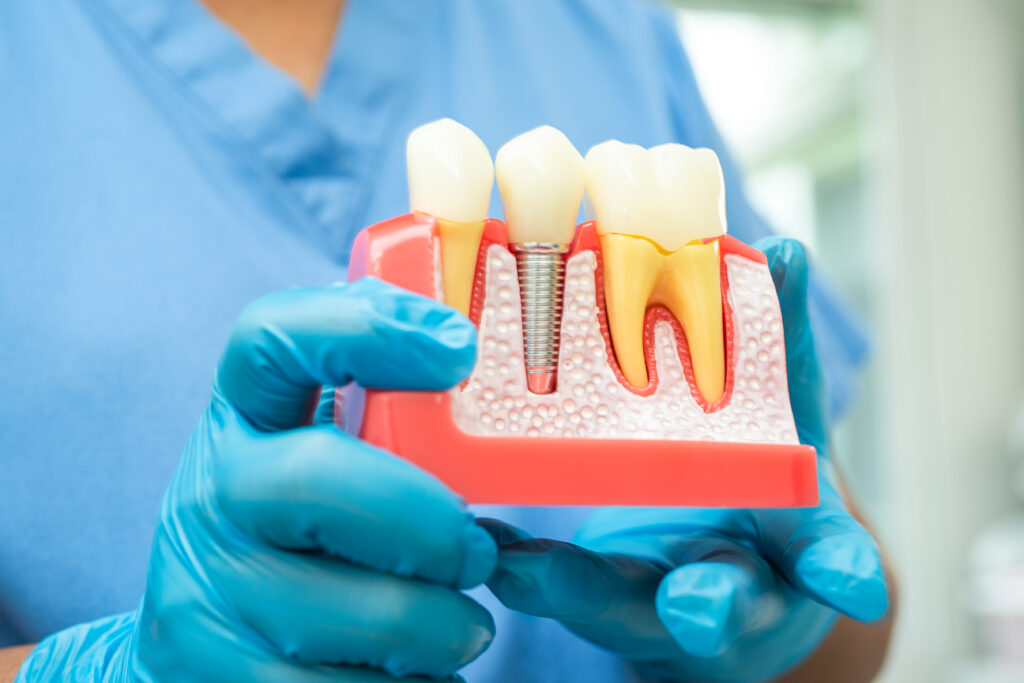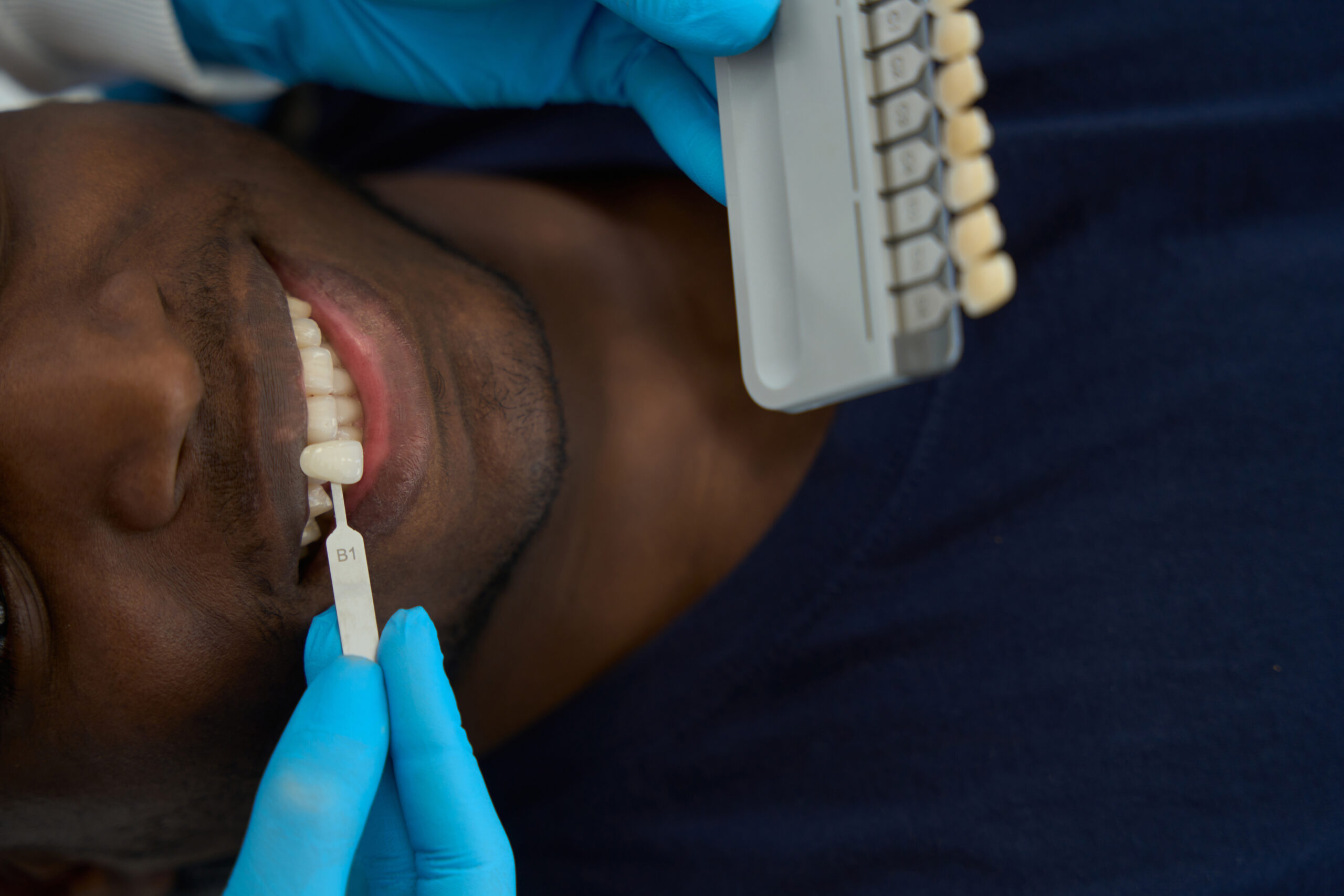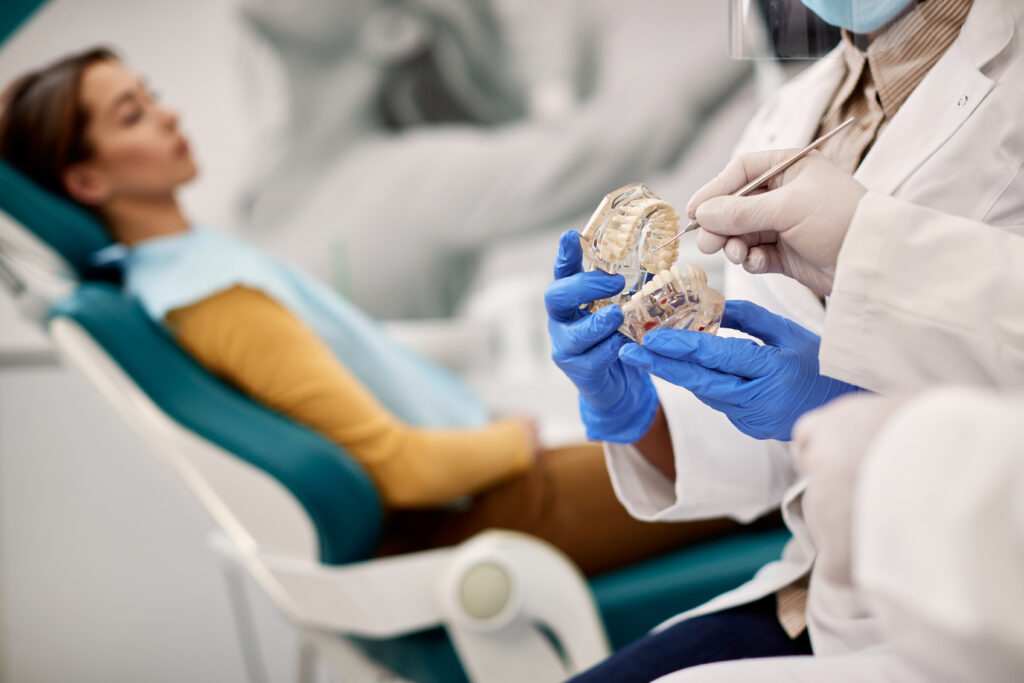
There are a lot of health problems that can stem from tooth loss, and they vary greatly. Tooth loss can cause problems with eating and digestion, as well as discomfort or pain in the mouth of issues with the general alignment of your teeth. In fact every day, researchers are learning more about the underlying relationships between tooth loss and other aspects of our health, and are arming themselves with the necessary intel to help prevent these health concerns for those with tooth loss in the future.
A recent Rutgers study is doing just that. Between 2015 and 2016, researchers at the Rutgers School of Dental Medicine analyzed the health records of 107 senior citizens and uncovered an amazing correlation between aspects of their overall oral hygiene and tooth loss. Results revealed that for patients with less than 19 teeth, the incidence of malnutrition was significantly higher. These patients experienced higher rates of weight loss, infrequent eating, and were also more likely to suffer from dementia, depression, and a host of other severe and concurrent illness compared with those for whom nutrition was not an issue.
While the findings were noteworthy, they were not necessarily surprising. Because the mouth serves as the gateway to the body for all food and fluid intake, its impairment in any way can very easily and very understandably upset a person’s overall dietary health. Patients lacking a full set of teeth experienced pain while chewing and an inability to chew quickly: over time, these issues caused them to eat more and more slowly and infrequently. In fact, their ultimate malnutrition might not be surprising at all, and one might consider it only a matter of time before serious dietary trouble set in for these individuals.
Thanks to the Rutgers study, the correlation is now proven. Though further studies examining the relationship between malnutrition and tooth loss should be encouraged, these findings bolster a whole new theory: that dental clinics are an ideal place to perform nutritional status screenings in order to identify patients at risk for malnutrition who might not otherwise have access to a primary care physician. Moving forward, malnutrition can be identified (and potentially subverted) at both the doctor’s office and the dentist’s office, which is a highly encouraging prospect.
This study represents a first step in the move towards a further understanding of tooth loss and malnutrition. A grant has enabled the continuation of the second part of the study: a qualitative venture exploring the eating experiences and nutrition-related quality of life of community-dwelling older adults. While the commencement of the study is not yet underway, the ultimate results are awaited by both dentists and doctors alike with great anticipation. The continued study will also serve to set a precedent for analyzing, studying, and identifying dietary health in a dental hygiene setting. Both in the interest of academia and the interest of those who have suffered from tooth loss, the Rutgers study offers promising rewards and should be thoroughly supported across the health care continuum.







